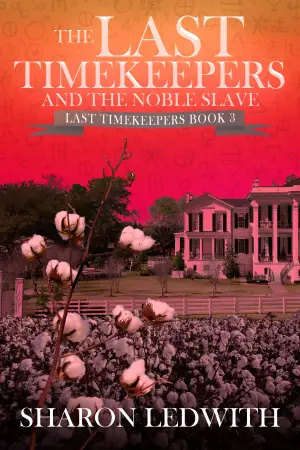Book Review: If We Say Goodbye by Celia Anderson
Sometimes, a book catches your eye for reasons you can’t quite articulate. For me, If We Say Goodbye by Celia Anderson was one of those books. Maybe it was the intriguing premise of navigating grief through the lens of teenage romance, or perhaps it was the beautifully haunting title that tugged at my heartstrings. Whatever the reason, I dove in, expecting a rich exploration of loss and the complexities of young love. Alas, what I found was a mixed bag of emotions that left me with more questions than answers.
At its core, the novel follows Becca, a girl grappling with the devastating loss of her brother. The weight of her grief is palpable; she isolates herself from her family and friends, a reflection of how deeply she feels the void left by her brother’s absence. Caleb, who has harbored a long-time crush on Becca, presents an unconventional solution—if she agrees to go on five dates with him, he’ll drive her to school for the rest of the year. While this setup has promise, it ultimately felt like a missed opportunity for deeper storytelling.
The central themes of grief and connection are beautifully woven, but the execution of the romance aspect left me wanting. Becca’s emotional turmoil is raw and relatable; her reluctance to engage with anyone around her resonates deeply. However, when Caleb imposes a romantic angle during such a tumultuous time, it felt less like a supportive gesture and more like an opportunistic bargain. I found myself questioning the ethics of his approach and whether a romantic relationship was appropriate when Becca was not in a place to reciprocate those feelings.
I couldn’t help but empathize with Becca’s struggles—the small talk, the avoidance of emotional conversations, and her longing to be understood without being pressured. Quotations like “Small talk is the epitome of social torture” struck a chord with me, echoing the everyday challenges of navigating communication while in deep emotional pain. However, I felt the pacing faltered whenever romance took center stage, overshadowing the more profound themes of friendship and healing.
The writing style is vivid and introspective, capturing Becca’s inner turmoil effectively. Instances like her anguished outbursts towards Caleb were heart-wrenching yet authentic. However, the escalating dynamics of their relationship had me torn; at times, it felt like a trauma bond built on desperation rather than genuine connection. The line “Because, if you agree to go out with me…,” coupled with Caleb’s insistence on needing to know whether Becca was interested, raised red flags rather than romantic excitement.
Overall, while I appreciated the themes of grief and the characters’ journey toward understanding themselves, the focus on romance felt misaligned with Becca’s emotional state. The story potentially could have been richer had it dedicated itself to exploring platonic relationships as avenues for healing, instead of veering into romantic territory prematurely.
I would recommend If We Say Goodbye for readers drawn to stories about loss, but with a caveat: approach it with the understanding that not everyone may resonate with the romantic subplot. It’s a reflection on young love intermingled with grief, offering insights that might spark deeper conversations about friendship, healing, and the ongoing nature of loss.
In the end, while I walked away from this book feeling mixed emotions, it did fuel reflective thoughts on grief’s multifaceted nature, making it a worthwhile read for those brave enough to embark on this journey.
Discover more about If We Say Goodbye on GoodReads >>






